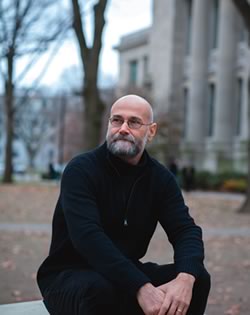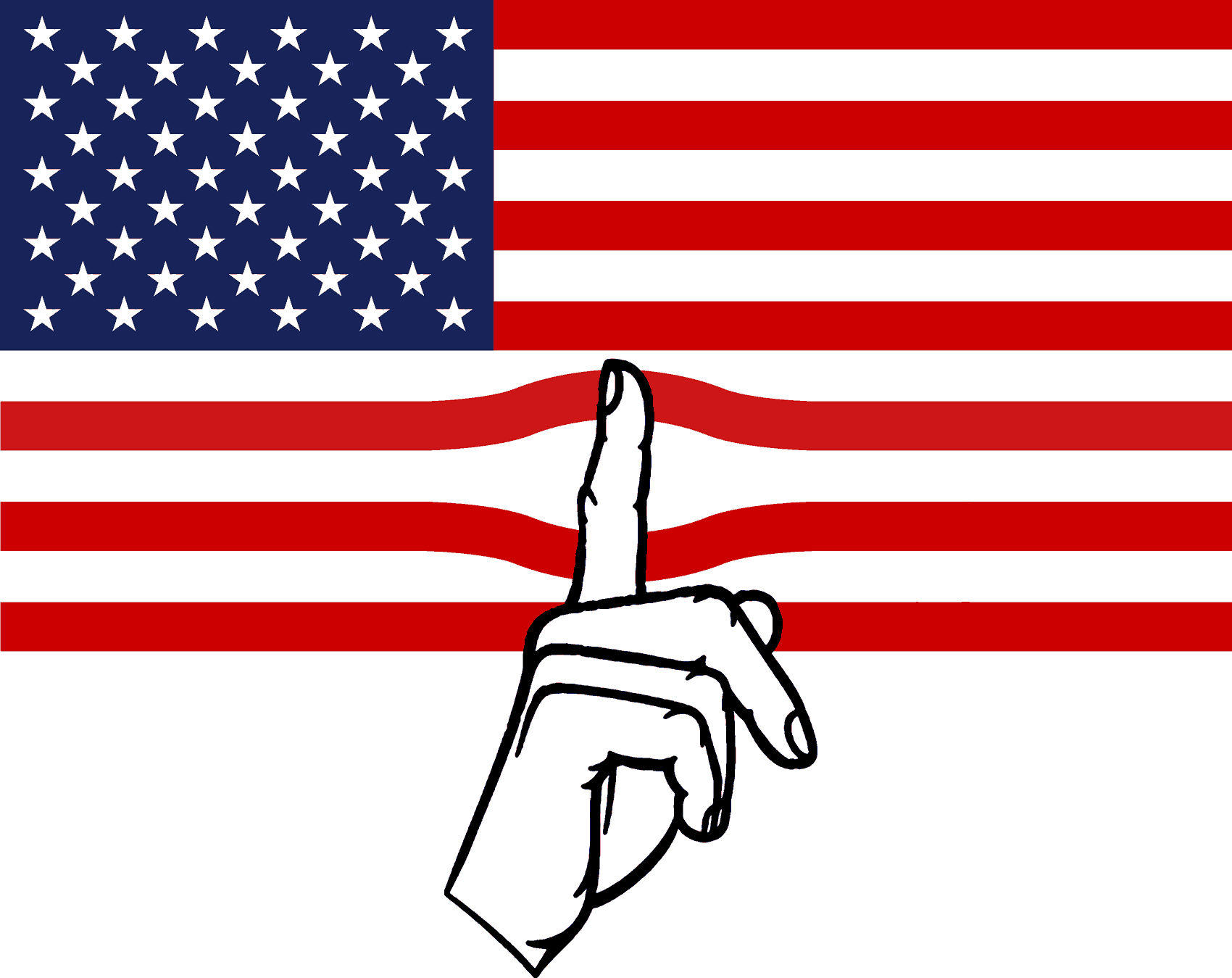Benkler defends the right of Edward Snowden and WikiLeaks to check government power
This summer, when Chelsea Manning (then known as Private Bradley Manning), was on trial for passing hundreds of thousands of documents obtained from military computers to WikiLeaks, Harvard Law Professor Yochai Benkler ’94 testified for the defense. Benkler’s work—including his 2011 case study of the legal wrangling related to WikiLeaks—has put him in the middle of the debate over the balance between civil liberties and security in a post-9/11 networked world. Benkler, co-director of the Berkman Center for Internet & Society, spoke with the Bulletin this fall, in the aftermath of Edward Snowden’s revelations of the surveillance implemented by government security agencies. He argued that legal protections for whistle-blowers and those who publish them—in any medium—are more essential than ever.
What precedents set in the Manning case are you most worried about?
The 35-year penalty Manning received is an extremely dangerous precedent because it is a fundamentally different length of sentence than anything we’ve seen for leak-related prosecutions. All the self-righteous critics of Snowden not showing up to face American justice would have sounded very different if the universe of possible charges carried somewhere between six and 30 months of imprisonment, which is more or less what we saw before the Manning case. I think that Snowden’s decision to go to Russia was a direct backfire of the administration’s aggressiveness against whistle-blowers.
The Snowden revelations have driven a debate that everybody now accepts as a legitimate democratic public debate about the very core of our constitutional rights as private citizens under a state of sustained long-term conflict with terrorism. No one—from the president on down, from the head of the intelligence establishment on down, from the court dedicated to this on down—disagrees with the fact that Snowden did a phenomenal democratic service to this country. Nonetheless, he’s being threatened with a prosecution that could put him away for life. There’s a deep incongruity between the pretense of inviting robust democratic debate about the tension between security and freedom in this country and on the other hand threatening the freedom of the very person without whom we would have continued blindly to exist under a national security establishment that we now know has deliberately lied to its court and deliberately overreached.
But many Americans seem to accept government secrecy to gain what they feel is security. Should they?

I would welcome an open, data-driven, fact-based public debate over the trade-offs that we’re making. There are very good arguments suggesting that the level of terrorism threat is vastly overstated and that the measures against it are vastly overdone in order to expand the power of the bureaucracies that are running the national security establishment. Sure, if, tomorrow, we in fact started seeing a 9/11 every year, of course a much wider set of powers would be justified. I don’t think there’s anyone who would disagree with that. But the problem is that beyond the scare tactics, beyond the “Trust us; believe us; we know, but it’s too secret—we can’t tell you,” there’s no real evidence. The burden of proof needs to be on the government to justify the level of invasion of our liberties, rather than on the critics.
What path do you see to reforming institutions that are part of our national security establishment?
One of the most interesting political developments of the past few months has been the emergence of a new left-right coalition that includes both libertarians on the right and civil libertarians on the left who together have begun to open their eyes and say, “Enough.” There’s also what seems to be the increasing skepticism of the young networked generation. The generation that grows up getting its news from the Web and Jon Stewart may not be quite so willing a follower as generations that were used to simply relying on one authoritative source. I think in many ways both Manning and Snowden are products of that generation.
Do newspaper journalists face different legal consequences from those faced by a site like WikiLeaks?
Distinguishing networked Fourth Estate actors, like WikiLeaks, for the purposes of freedom of the press is intellectually indefensible and constitutionally dangerous. The present draft of the reporter’s privilege law that is going through Congress, which practically includes an “anyone but WikiLeaks” provision, is incoherent. It’s like saying that someone who is an unpaid volunteer developing Linux is not a software developer.
Right now, if you give encrypted documents to The New Yorker, you are protected from subpoenas. If you give them to WikiLeaks.org, you are not.
Yochai Benkler
The only reason we still have a distinction is because the people who have the power to write the laws believe they can sustain the distinction. It’s a context where traditional media, legislators, and judges have a congruence, in terms of age and life perspective but also in terms of economic interest.
Right now, if you give encrypted documents to The New Yorker, you are protected from subpoenas. If you give them to WikiLeaks.org, you are not. This will nudge any thoughtful self-preserving whistle-blower to go with the more traditional media, so you get a reinforcement that traditional media is where you get the big stories. Is that really the role of the federal government, to prefer one organizational model for the production of news?
